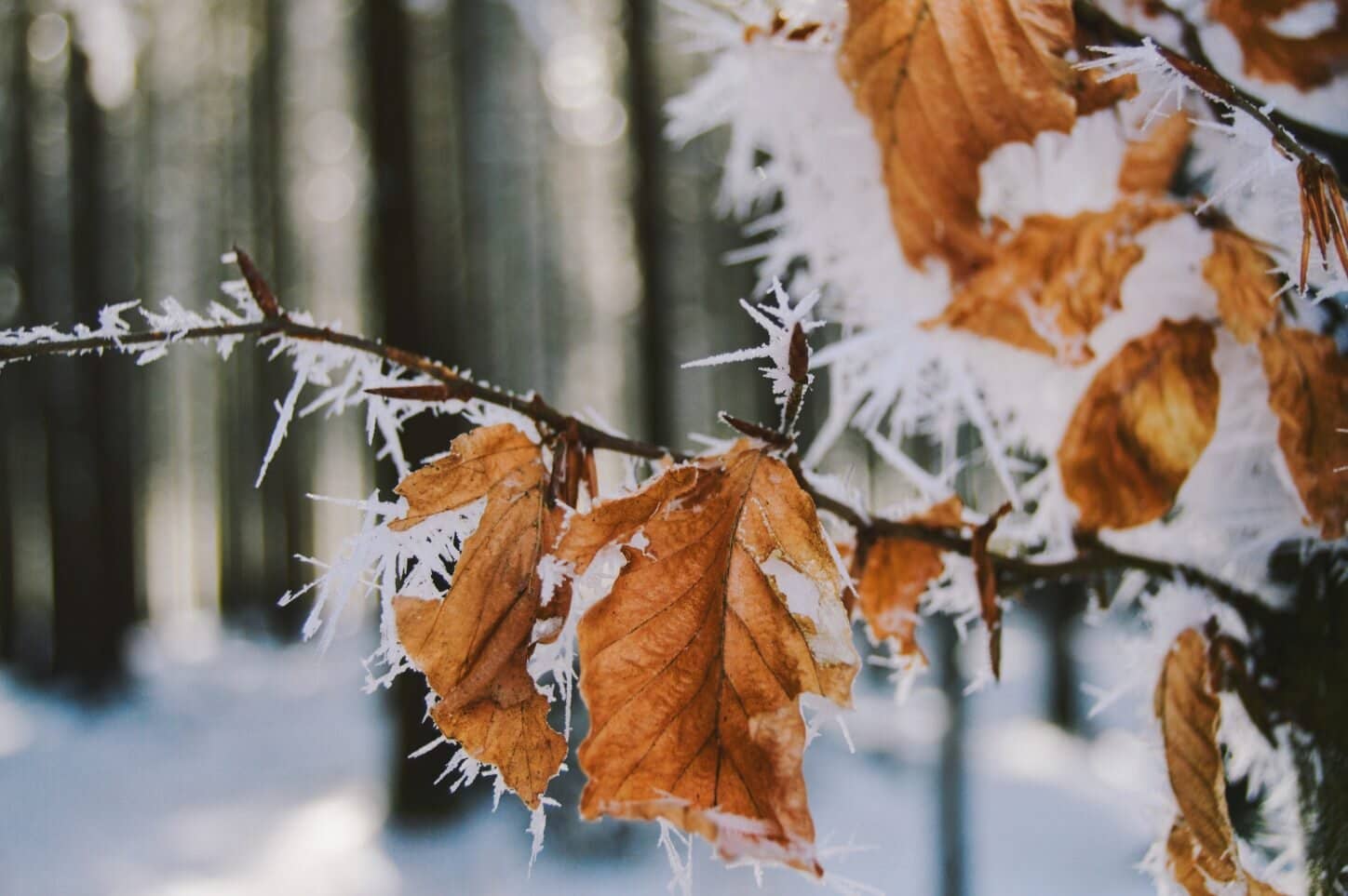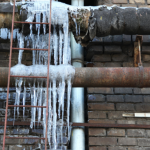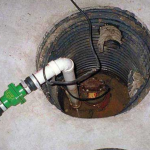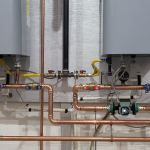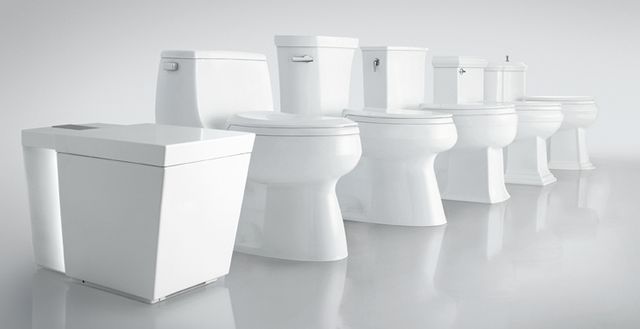
The winter months are quickly approaching and along with the cold weather comes major plumbing concerns… Frozen pipes can result in a messy and costly situation. During a deep freeze, however, there are ways to prevent this disaster from occurring.
Tips to Prevent Frozen Pipes
- Turn up the thermostat – Keep the heat set to 50 degrees or higher if you are leaving the house. This is especially important if your home is older, due to the fact that the crawl spaces often times do not have insulation.
- Insulate pipes in cold spots – Use electrical tape or add extra insulation to pipes by fitting them with foam or rubber sleeves.
- Keep faucet dripping – By letting your faucet drip slightly, it may relieve the pressure which ultimately causes a pipe to burst.
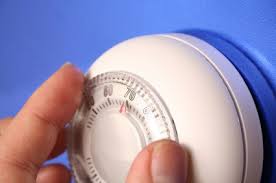
Why are frozen pipes dangerous?
Not only do they create a serious inconvenience, but they may cause major damage to your property. Frozen pipes are problematic for two reasons:
- Loss of water access – The frozen pipe interferes with a homeowner’s access to running water.
- Potential to burst – If the water in the pipes freezes, there will be pressure building up between the closed faucet and the blockage. This may build up to a point that causes the pipe to explode.
Certain piping is more susceptible to freezing than others…
- Southern or warmer climate piping – Pipes that are located in climates which rarely see extremely cold temperatures may be particularly prone to freezing. In these locations, the pipes usually do not have the proper insulation for temperatures around 32 degrees Fahrenheit.
- Exterior wall piping – The water pipes along the exterior walls of a house are also prone to freezing. This piping may lack the adequate insulation needed to protect them from the harsh, cold, exterior temperatures.
- Attic and basement piping – Pipes in these more remote areas of the home do not receive the same amount of heat. These areas may not be used as living spaces, and therefore may not have the proper insulation.
Some signs of frozen pipes…
- 32 degree temperatures or lower – Be on high alert for frozen pipes during very cold weather. Take precautions to prevent any freezing.
- Frost on the pipes – Check any pipe that can be seen, such as under the sink, for frost or condensation. This may be a warning sign that the pipe is frozen.

frozen pipe exploding - No water coming out of the faucet – If only a trickle of water, or none at all, comes out of tap when turned on, the water pipe might be frozen.
- Strange odor – If there is a bad smell coming from a faucet or drain, this may mean that there is a pipe blocked. The odor is travelling back up in the direction of your property.
If a pipe bursts, DO NOT PANIC…
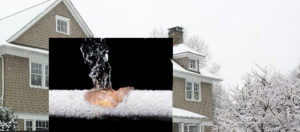
The first thing to do is shut off the main water line into your property. This will prevent your house from flooding.
Above all, contact Zeek Plumbing immediately!
Ryan has been a part of the Zeek Plumbing team since 2019, and has lived in Randolph, NJ his entire life.
He takes pride in taking care of the towns, the families, and the areas he grew up in!
Ryan has been the Treasurer and is currently on the Membership committee of a local BNI Chapter based out of Morris County, NJ in the networking group, BNI Main Street.

